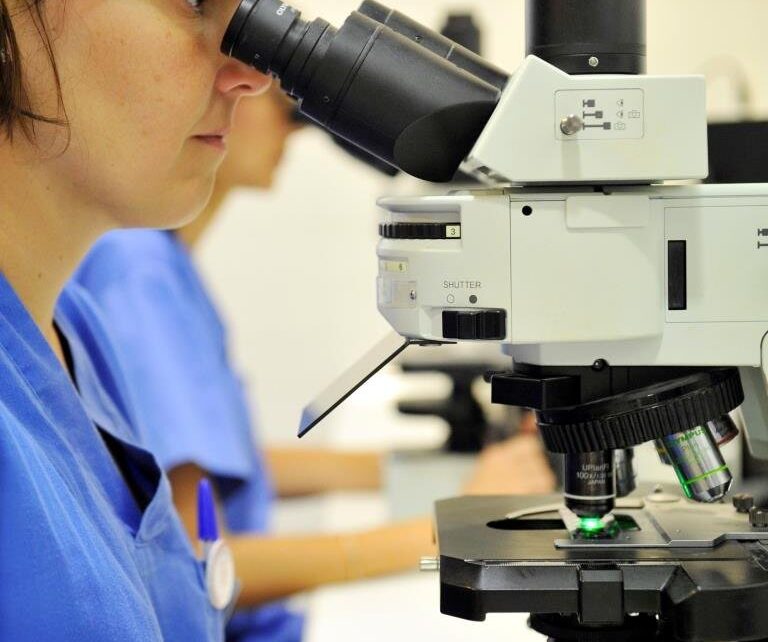
Relevance of reproductive counselling
Before seeking pregnancy, women generally plan their gestation and take nutritional supplements, such as folic acid, which is fundamental for the prevention of defects of the neural tube in the foetus.
For greater assurance that this stage will be happy and free from complications, it is important to undergo prior reproductive counselling. Furthermore, it is appropriate to consider the need for some kind of specific additional counselling, according to the characteristics of the case.
Let us consider which groups of patients would benefit from more in-depth pre-conception counselling and what this consists of.
The aim of pre-conception counselling is to provide patients with all the information regarding the risk of a specific disease or disorder in their offspring, as well as the therapeutic and/or preventive options available today, to enable them to select the most suitable option.
The consultation is completely personal, since it always takes into account the patient’s own values and the current situation of the couple, regardless of whether or not the couple has fertility problems.
Any woman and/or couple who has doubts and/or wishes to know more regarding the future of her pregnancy may seek reproductive and/or genetic counselling. In addition, the following causes are generally considered to benefit from genetic reproductive counselling:
- History of multiple unfavourable pregnancies: recurrent miscarriages, foetal death (intrauterine foetal demise) and/or neonatal death.
- Screening when there is a high risk of defects of the neural tube and foetal aneuploidy (chromosomal abnormalities) such as Down’s syndrome.
- History of a previous child or family history of intellectual disability, defect of the neural tube, cardiopathy, chromosomal abnormality, specific genetic abnormalities such as spinal muscular atrophy, and other defects that may have a genetic implication.
- A parent who carries a specific genetic disorder, such as haemophilia, cystic fibrosis, balanced chromosomal translocation, etc.
- Couples at risk of genetic abnormalities based on their family heritage and/or personal medical history.
- Maternal factors such as schizophrenia, alcoholism, depression, diabetes, … where foetal abnormalities are associated with the mother’s disease itself or with the taking of drugs prescribed for the treatment of such diseases.
- Exposure of the foetus or one of the parents to potentially teratogenous agents (that may affect foetal development or health) such as drugs, chemicals, radiation or infections (chickenpox, cytomegalovirus, parvovirus B19, etc.)
- Consanguinity: couples who are closely related to each other. For example first cousins.
- People who belong to specific ethnic or geographic groups that present a greater predisposition to certain disorders such as Tay-Sachs disease (Jewish), sickle-cell anaemia (black), thalassemia (in some areas of the Mediterranean)…
- Couples with reproduction problems and repeated failures in assisted reproduction treatments.
- Severe male factor.
- Maternal age of 35 years or more.
At the Instituto Bernabeu, we have a Genetic and Reproductive Counselling Unit.
This is a multidisciplinary unit that is able to deal with and advise on all the above aspects. We are at your disposal to resolve all the doubts that always arise in the planning of a pregnancy.
Dr Andrea Bernabeu, Director of the Genetic and Reproductive Counselling Unit, Instituto Bernabeu.
